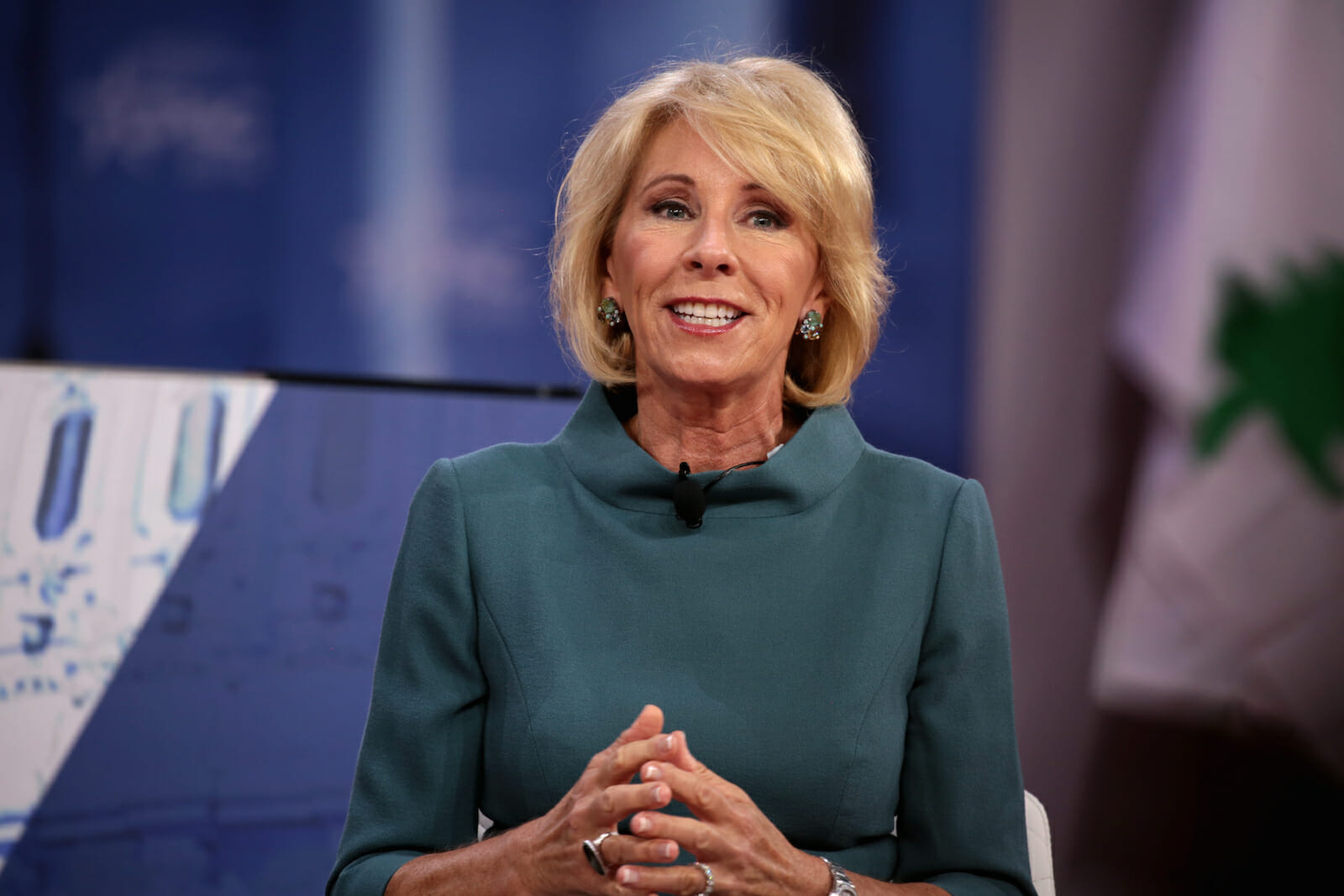
Politics
The GOP Tax Plan Will be a Disaster for Higher Education
It’s no wonder that Donald Trump signed the GOP tax bill with little public ceremony. The bill has been met with heavy criticism, and many of us are nervous to see just what its effects will be in the coming years. However, one thing is certain: higher education will lose out.
We are only beginning to understand the direct damage and dangerous implications this bill wreaks. In particular, the modern era of tax reform targets elite universities, but many universities could be affected by the tax provision that is set to change the way that colleges can receive charitable donations.
Some of this is not entirely surprising. Many Americans, particularly those from blue-collar backgrounds who work, assume that students enrolled in college are well-endowed and merely awaiting graduation for a cushy post-grad job. As almost anybody enrolled in college nowadays can tell you, the opposite is usually the case.
The Present State
Upon graduation from undergraduate programs, students typically face an uphill climb through debt. College tuition is increasing every year, and even the schools that were once deemed reasonably priced are becoming out-of-reach for many students.
Rising costs beyond tuition exacerbate the issue. Since 2006, college textbooks have increased in cost by at least 73%, and it is estimated that, across the country, college students are spending roughly $1.5 billion in financial aid per semester on books. Students are also finding it difficult to live on campus, as was once a college tradition, due to rising costs there too. On-campus students will spend, on average, at least $2,238 more per year than off-campus students. Other rising costs include dining fees, technology fees and fees associated with participation in on-campus clubs and events.
So students are coming out of school with massive debt after struggling to survive four years in a system that is incredibly financially unforgiving. Why wouldn’t they? College is more crucial than ever today in order to land a quality job, and by that I mean one that offers benefits such as health insurance that Americans will also desperately need help with under the nation’s current budgetary plan.
High school students are increasingly fed a message that they have to do whatever it takes to attend and graduate from elite colleges with the best names in order to even have a chance at a good job. The reality of that is a little skewed, but it still holds true that the job market is unbelievably competitive for young people, so it stands to reason that anything helps.
The Damage
Charitable contributions make it possible for many students to pursue higher education, despite economic barriers. Several high-profile schools exist which provide quality education at a minimal cost, relying on donors rather than the students’ money. Unfortunately, Republican tax reform also messes with this, increasing the difficulty with which charitable contributions are written and received. For schools which are simultaneously private and nonprofit — set up to skirt government unreliability and bureaucracy — the bill imposes a 1.4% tax as a return on investment.
Nobody knows precisely how this will impact colleges across the country, but it stands to reason that affected institutions may adjust both their enrollment numbers and costs accordingly. As a result, many students who rely on endowments and charitable contributions may find it impossible to complete a higher education.
The Thought Process
The rationale behind these changes is not entirely clear: typically, countries investing heavily in higher education reap the rewards with internationally renowned graduates and pioneers in their respective fields. If international competition is the goal, it is nonsensical to level heavy new taxes against the institutions and individuals pursuing excellent higher education.
On the other hand, one must question how much the current administration has inspired these changes. The Trump campaign saw a marked movement away from the educated elite, alternately embracing the blue-collar and independent entrepreneurs within the US. There is a prevailing assumption that colleges coddle their students and fail to prepare them for the “real world,” encouraging artistic expression over hard cash.
Perhaps some of this is true for aspects of undergraduate studies, but the overall benefits of attending even an undergraduate program can go beyond just the classroom. Going to college has been proven to expand open-mindedness and tolerance of other people and cultures — values that we have seen the Trump support base trend away from both during the presidential campaign and since.
Targeting aspiring students is targeting those who desire to spend their lives pursuing knowledge. This bill places an unnecessary and ugly burden on men and women who will spend hundreds of hours on research and fieldwork, project drafting and writing. It is punishing our future doctors and lawyers, as well as scholars of the arts and humanities.
In a country where nearly half of the population didn’t know that Puerto Ricans are American citizens until the recent hurricane season (and some probably still don’t know), knowledge is, undoubtedly, never a bad thing, regardless of what field that knowledge is being applied to.

